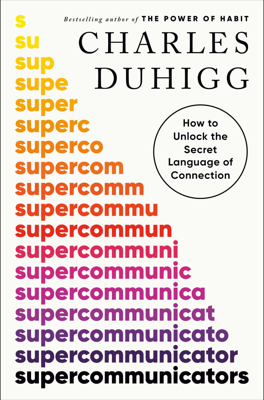Every Conversation Is a Negotiation: The Trial of Leroy Reed
Jury Deliberation Dynamics:
Leroy Reed, a legally challenged man mistakenly believing to be a private detective, faces imprisonment for unknowingly purchasing a firearm. The jury, consisting of diverse opinions, is instructed strictly by the law to make an objective decision sans sympathy. The initial jury stance leans heavily towards a guilty verdict due to Reed’s undeniable ownership of a gun as a felon.
Psychological Insights and Juror Perspectives:
Jurors express mixed feelings, struggling between the legal framework and their sympathy towards Reed’s ignorance and disability. The discussions reveal underlying moral debates about the application of law versus the essence of justice, with jurors feeling the tension between their personal ethics and the statutory demands.
Role of a Supercommunicator:
John Boly, a professor and a juror, understands the crucial aspect of what everyone seeks from the deliberation. His approach is inclusive, asking poignant questions to evaluate individual perspectives, thus identifying their core concerns and desired outcomes. He reframes the scenario, encouraging jurors to think about the broader implications of their decision and the real intent of the law, which subtly shifts the conversation toward empathy and understanding of Reed’s situation.
The Power of Empathy and Storytelling in Persuasion:
Influential in the jury’s shift is Boly’s use of relatable scenarios and storytelling to invoke empathy, making other jurors reconsider the implications of a guilty verdict on an essentially harmless individual. His narrative leads the jury to contemplate not just the legal definitions but the human element involved, questioning whether punishing Reed would genuinely serve justice or public safety.
Decision Outcome and Reflective Negotiation:
Ultimately, the jury unanimously decides in favor of acquittal, influenced by a redefined perspective of justice that considers both legal criteria and humanistic values. This highlights a pivotal negotiation lesson: understanding and leveraging the conversational needs and logical frameworks (costs-benefits and similarities) of each participant can lead to more holistic and satisfactory outcomes.
Implications for Broader Communication:
The trial underscores the importance of recognizing underlying motives and addressing them through empathetic dialogue and strategic questioning. Whether in legal scenarios, medical discussions, or daily interactions, effective communication often hinges on identifying and aligning with the communicative and decision-making preferences of others. This aligns with the practical applications of the matching principle, showing that successful negotiation is as much about the content as it is about understanding the context and the communicative approach of the participants.
By extending these insights beyond the courtroom, one can enhance personal and professional interactions, fostering better understanding and cooperation in various relational dynamics.
